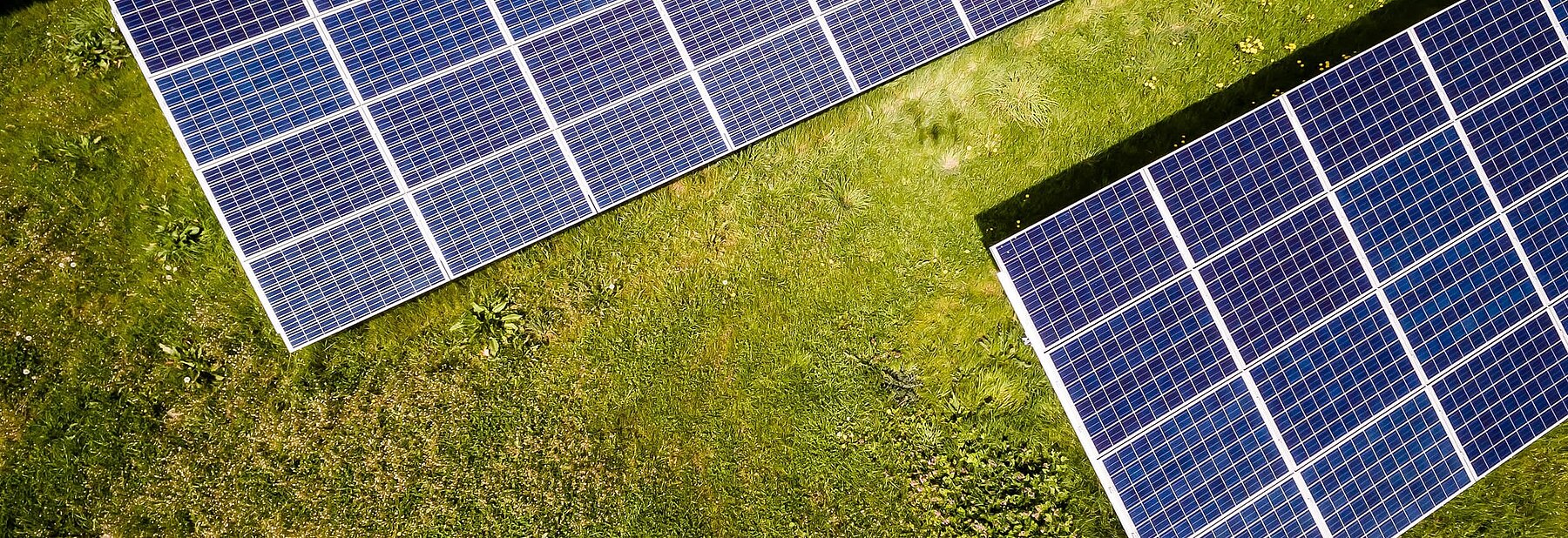

In the first stage, the national policy objectives for the energy sector will be analyzed and compared, based on a detailed and comprehensive presentation of the energy market practices in the three countries. To this end, technical data and development forecasts will be taken from the DESK research project and used as a basis for describing business practices.
In the second stage, interviews will be conducted with regard to the objectives of the various actors: commercial energy consumers, private energy consumers, grid operators, electricity providers, etc. The purpose is to collect information on the following points:
In the third stage, economic laboratory experiments will be carried out. The functioning of the electricity market has undergone changes in recent years. Electricity generation is no longer carried out by large centralized conventional energy suppliers, but by decentralized entities – households, for example, which generate electricity with the aid of solar systems. Security of supply is ensured by an infrastructure managed by the authorities. In order to determine the attitude of the population towards a transfer of tasks from public to private hands on the energy market, information is collected in laboratory experiments in the three countries. The laboratory experiments will focus on the ability and willingness of private actors to participate in operational change. The results of these experiments will complement the results of the interviews with local actors.
Finally, the information collected will be used to model actor behaviour. The simulated behaviours are linked to the simulations of the electricity market from the literature and to the modelling work.
